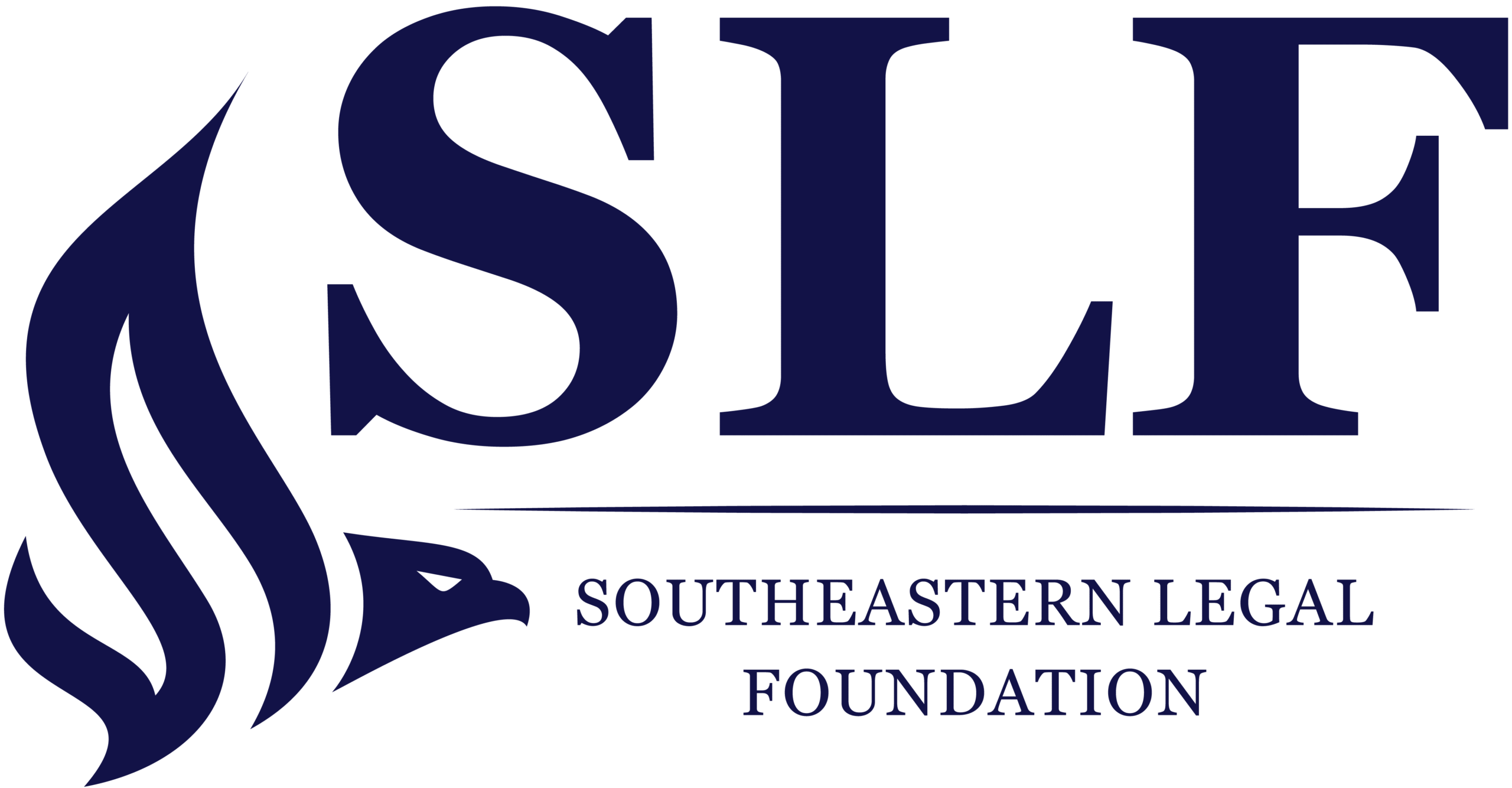Southeastern Legal Foundation (SLF) filed an amicus curiae brief with the Second Circuit Court of Appeals supporting a challenge brought by Do No Harm against Pfizer over a race-based fellowship program. In the brief, SLF joined a coalition of amici represented by Alliance Defending Freedom (ADF), including Manhattan Institute (MI) and Young America’s Foundation (YAF), and urged the Second Circuit to hold that membership organizations like Do No Harm cannot be required to name their members before proceeding with a lawsuit. A holding to the contrary would run afoul of long-standing First Amendment precedent.
Read More
Do No Harm—whose members include physicians, healthcare professionals, medical students, patients, and policymakers—is challenging as unconstitutional Pfizer’s fellowship program, which offers college students and young professionals internship and employment opportunities if they are “Black/African American, Latino/Hispanic [or] Native American.” The fellowship is designed “to increase minority representation at Pfizer” and diversify its pipeline of leaders.
Do No Harm submitted anonymous declarations on behalf of two undergraduate members who applied for the fellowship and were denied. They met all of the criteria except race; one was white and one was Asian-American. The members did not wish to be identified because they feared retaliation and backlash for bringing the lawsuit. The executive director of Do No Harm also submitted a declaration in her own name affirming that the members were ready and able to participate in the fellowship program.
The district court dismissed the lawsuit, holding that Do No Harm needed to identify its members by name before it could proceed further. A panel of judges on the Second Circuit Court of Appeals upheld that decision. Do No Harm is now petitioning the entire Second Circuit to rehear the case en banc.
In support of Do No Harm, SLF and amici are urging the Second Circuit to reverse the panel’s decision. Self-censorship is at an all-time high on campus, and college students like Do No Harm’s members are forced to live in constant fear of speaking out on controversial issues. The Supreme Court has historically upheld the right to speak and associate anonymously under the First Amendment. If the Second Circuit rejects Do No Harm’s petition and allows the current holding to stand, it will have a devastating impact on anonymous speech, membership standing, and free speech on campus.
